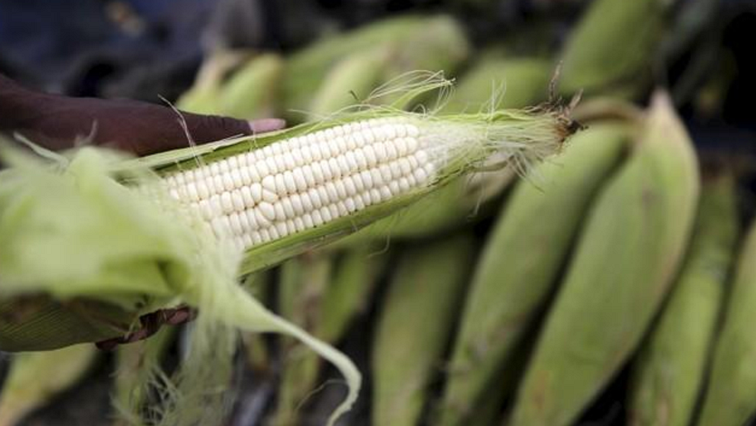A Kenyan Senate committee says that the Kenyan government officials and their private sector counterparts abused a government maize subsidy programme last year to make money, leading to distortions in the market.
The East African nation’s government spent K6 billion ($58.6 million) last year to subsidise maize imports after a drought caused shortages and sent the price of the staple soaring before a key election.
“The maize crisis that led to flooding of duty-free maize imported into the country was a ploy by both the public and private sector players to profiteer from distortion of the maize value chain,” the Senate committee said in its report.
The report did not identify by name those it said profiteered.
The report accused the government of “inconsistent, incoherent policies and pronouncements on maize importation” which led to a flood of maize imports which then depressed prices for local farmers once harvests eventually came in. A total of 10.5 million bags were imported under the subsidy programme, the Senate committee found, well above the 6 million bags targeted under the programme. Some of this maize was then sold to the state cereals produce board at a profit, the committee said.
The report said Finance Minister Henry Rotich and the former agriculture minister Willy Bett, who is now ambassador to India, must take responsibility for official notices that led to the flood of maize imports “leading to distortion of the local market and disadvantaging the local farmers.” The report did not accuse them of profiting personally from the imports.
Rotich, Bett and Mwangi Kiunjuri, the current agriculture minister, were not immediately available for comment.
In an interview with Kenya’s Sunday Nation, Kiunjuri said all the reports of what happened were before he took his post in February and he played no role in them.
The president’s office said in a statement on Monday, the cabinet approved a purchase of 2 million bags of maize from local farmers at a price of K2 300 ($22.43) per bag.
The report also recommended that the government’s investigative agencies pursue those implicated in wrongdoing, including recovering any wealth unlawfully acquired as a result.


